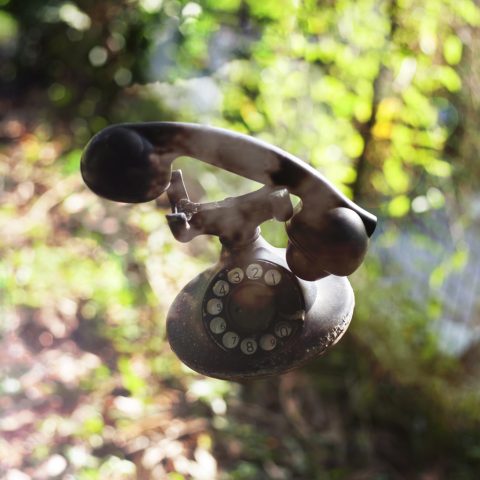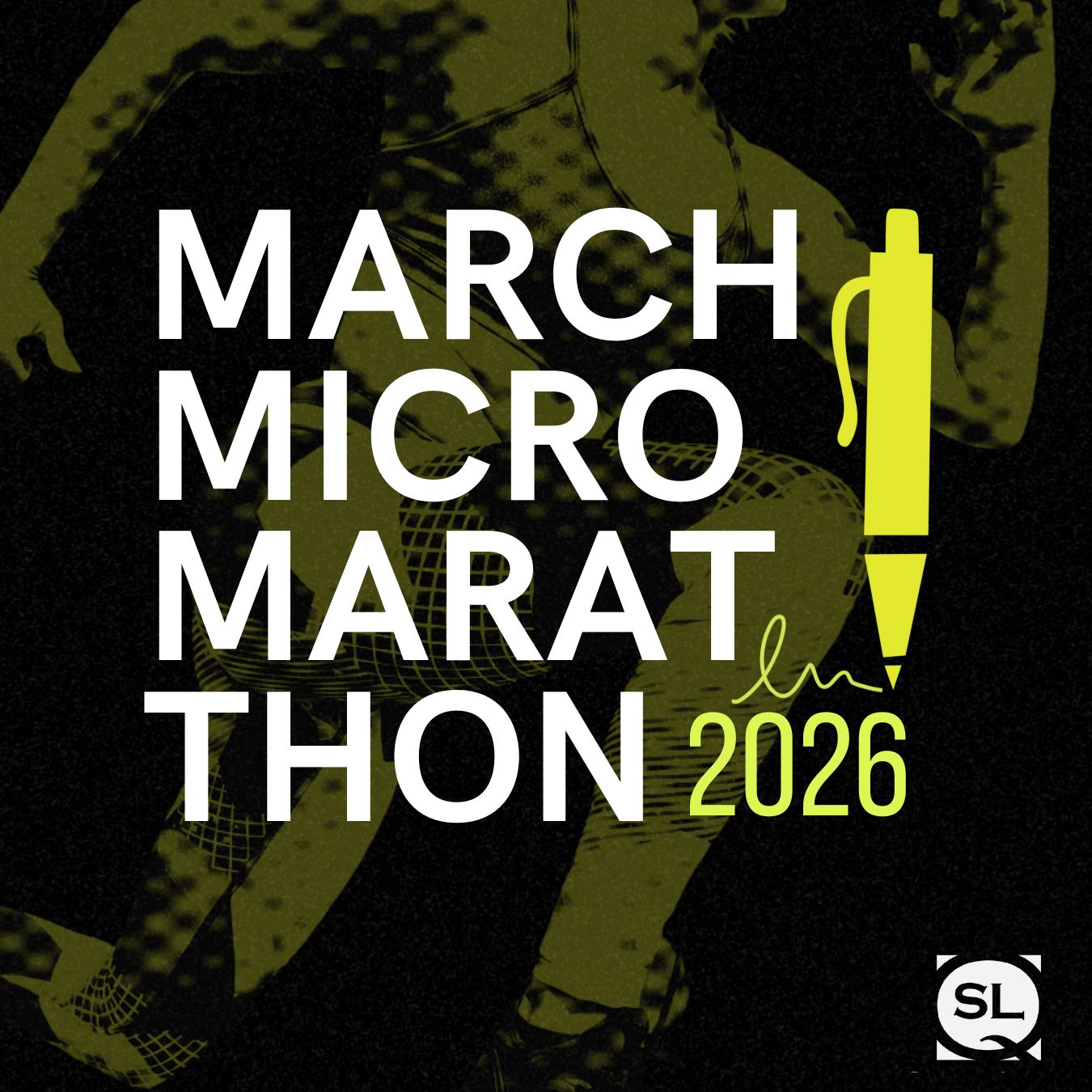I see that you have a blog about being a mother. What prompted you to blog about parenting?
I do a lot of corporate blogging as a freelancer and initially set up WTFMommying because I wanted to dig deeper into the process of building a blog from the ground up. I needed to be able to do that without the risk of derailing a project or website that didn’t belong to me. In the beginning I figured I’d just use it as a place to post a bunch of silly picture-quotes of the ridiculous stuff my toddler says, but more and more I’ve found myself really appreciating this space as a means of building or fortifying my community—fellow parents and otherwise.
In one way it’s become an opportunity for keeping a record, which is something that’s really important to me, but in another way it’s also an act of showing up and being counted as a parent—as a mother. I’m not unfamiliar with the stigma surrounding “mommy bloggers” or the more damaging and impactful stigma about mothers in professional work environments. Dads who talk about fatherhood are lauded for their egalitarian approach to partnership and parenthood, yet again and again I encounter the point of view that women who write about the experience of motherhood are engaging in something indulgent or extraneous. I think that’s dumb.
To me, the way that we move forward within a narrative that discounts mothers, that is unable to take them seriously (in the writing world or in other careers), is not to separate and compartmentalize our lives but instead to talk about motherhood—and loudly, even—alongside these other equally important and valuable things we’re doing. Of course being a mother informs my experiences, the same way being a writer informs many of my experiences, or being a feminist, or fill-in-whatever-blank here. Motherhood penalty be damned, I personally refuse to feel chagrined about it.
How do you divide your time between blogging and writing fiction, and what priorities do you need to make time to write?
I absolutely believe in that old adage about how we make time for what we love, as well as the one about how art or craft is a labor of love—emphasis on labor. But the reality is also that I’m not a wizard and not skilled enough in quantum physics to figure out how to bend the space-time continuum to my will, so sometimes, even when I cut out all of the frills (which really just means Facebook and Netflix) there still isn’t as much time as I know there needs to be for writing.
I avoided blogging for a long time because I worried it would eat away at the time I did have for writing, that it would distract me from the projects that actually deserved my focus. I was really wrong about that. Everyone’s process looks different, of course, but for me writing always begets writing, so the more often I’m tinkering around with a blog post, then the more often I’m also taking notes for essays or scribbling ideas for stories or sitting down and drafting a piece.
The other thing about blogging is that it requires a different kind of focus, so I can always do it on the move. I’m getting better at squeezing meaningful writing time into slim windows, but when I’m working on fiction or an essay, my preference is really to give in to that black hole consumption, to sit somewhere quiet with a computer for eight to twelve hours. This option isn’t always available to me, but one thing I can do is take advantage of the forty-five-second intervals when my toddler is momentarily distracted by the garbage truck or a commercial and write a blog post using voice-to-text on my phone. In this way, all the writing I’m doing is in service of what I want to be doing, which is, you know, writing.
Who are some of your favorite contemporary writers?
Some staples that top this list for me are Karen Russell, Laura van den Berg, and Jennifer Egan, particularly each of their story collections, since I prefer this form to the novel in my own writing. I’m also really interested in essays right now and am deeply appreciative of and moved by the work of Leslie Jamison, Roxane Gay, Lidia Yuknavitch, and Emily Rapp, among dozens of others. The truth is, though, and maybe this is too obnoxious or squishy or whatever, most of my favorite contemporary writers are my peers—like this gorgeous essay by Sally Johnson or these break-you poems by Sarah Marcus or basically everything Ben Hoffman is writing these days—because so many of the generous, talented writers I know are doing some seriously amazing shit that continues to impress me and hearten me and keep me up late at night, fighting sleep by the glow of my phone in order to stow away just one more sentence and then another.



 In its third year, The March Micro Marathon will be, as usual, a prompt-a-day whirlwind for 24 days. You’ll exchange drafts of micro fiction, non-fiction, and prose poetry in small groups and gather for a series of online events (all recorded for participants unable to attend live). We’ll finish with 3 competitions, and participants who are not already in SmokeLong Fitness will be invited to workshop with SmokeLong Fitness until the end of April!
In its third year, The March Micro Marathon will be, as usual, a prompt-a-day whirlwind for 24 days. You’ll exchange drafts of micro fiction, non-fiction, and prose poetry in small groups and gather for a series of online events (all recorded for participants unable to attend live). We’ll finish with 3 competitions, and participants who are not already in SmokeLong Fitness will be invited to workshop with SmokeLong Fitness until the end of April!